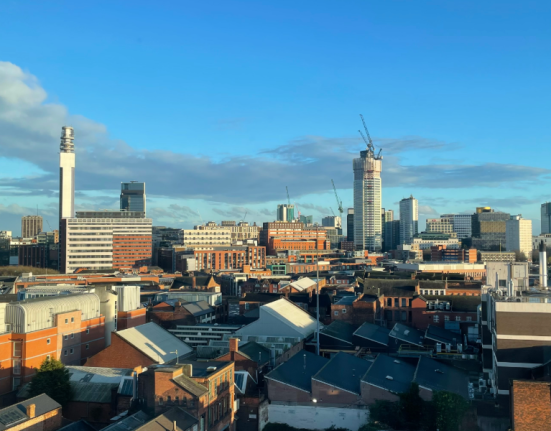Why Britain’s second city must reclaim its voice and its vision
The sleeping giant
Birmingham, the beating heart of the West Midlands, is officially Britain’s second-largest city – yet often feels like it’s stuck in the shadows. While London dominates headlines and Manchester masters self-promotion, Birmingham’s global influence remains criminally under-celebrated.
The world owes much to this city. The birthplace of heavy metal – thanks to Black Sabbath and Ozzy Osbourne – the home of the Balti Triangle, and the city where JRR Tolkien found inspiration for The Lord of the Rings. From steam engines pioneered by James Watt to modern-day DNA breakthroughs at the University of Birmingham, Brum’s legacy is vast.
But here’s the problem: the perception gap. Birmingham is a city with international connections, major infrastructure, and cultural depth – yet it’s held back by outdated narratives, historical policy failures, and a tendency toward civic modesty.
It’s time to bring back Birmingham. Not as a tribute to the past, but as a rallying cry for its future – a future rooted in heritage, powered by innovation, and led by proud Brummies ready to raise their voices.
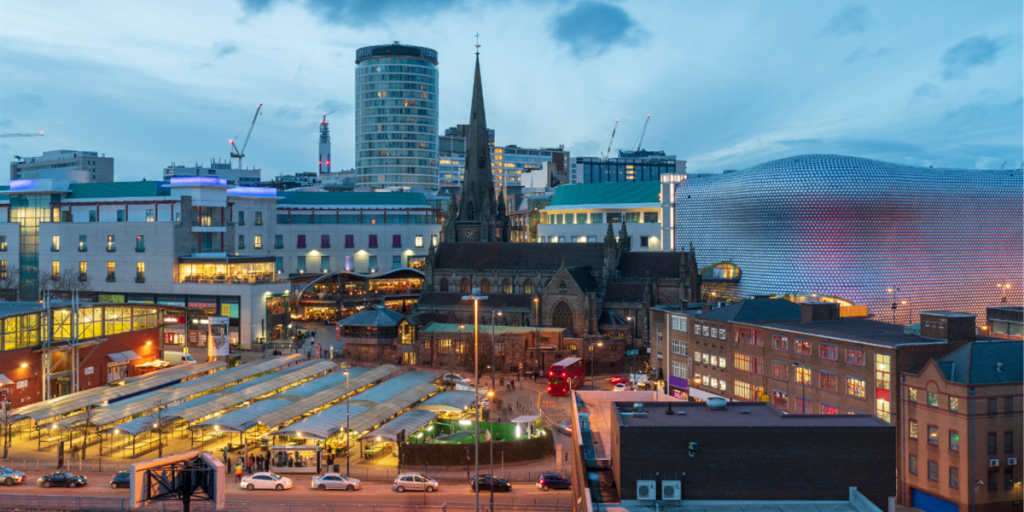
The glory of the thousand trades
Birmingham’s Jewellery Quarter, Gun Quarter, and Digbeth are not just trendy districts – they’re reminders of a time when this city was known as the city of a thousand trades. In the 19th century, Birmingham rivalled and even outpaced London in wealth and productivity. This was the global engine room of the Industrial Revolution.
Visionaries like Matthew Boulton, James Watt, and Erasmus Darwin – the minds behind the Lunar Society – met regularly in Handsworth to discuss science, philosophy and progress under full moons. These meetings laid the groundwork for modern industry and innovation.
From Small Heath to Sparkbrook, Aston to Ladywood, Birmingham produced everything from fine jewellery to motorcars – including the original Mini from Longbridge. But while cities like Sheffield focused on steel or Manchester on cotton, Birmingham diversified. It invented. It adapted.
That spirit remains. But its momentum was stifled.
Policy, prejudice, and missed opportunities
From the 1960s through the 1980s, central government policies actively restricted Birmingham’s growth. Under Harold Wilson’s Labour government, the “Office Dispersal” policy aimed to curb Birmingham’s dominance by limiting office and factory expansion. Whitehall feared the city had become “too successful.”
The consequences were brutal. Jobs vanished, businesses moved elsewhere, and whole communities were left behind. Aston and Erdington saw manufacturing giants shrink or vanish altogether. Infrastructure failed to keep up, and inner-city neighbourhoods were neglected.
On top of this came a wave of poor planning decisions: Victorian buildings in the city centre were demolished, concrete dominated the skyline, and the infamous inner ring road – or “concrete collar” – isolated Birmingham’s core from its surrounding communities.
Meanwhile, the city became a national punchline. Its accent was mocked, its character misunderstood. The media ignored Birmingham’s contributions while spotlighting Manchester’s music scene or London’s finance boom. The city’s confidence withered under layers of condescension.
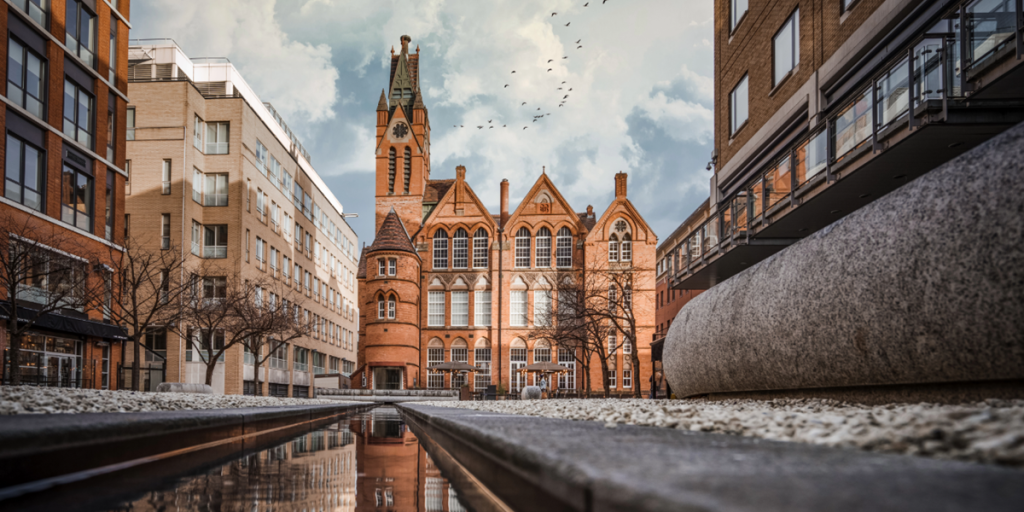
A city brimming with potential
But Birmingham never truly stopped. It adapted, rebuilt and continues to rise.
Today, the city boasts the youngest population in Europe. Over 40% of residents are under 25, and more than 100 languages are spoken. The University of Birmingham, Aston University, and Birmingham City University attract students from around the world, while Birmingham Airport offers direct flights to over 150 global destinations.
Birmingham is home to the National Exhibition Centre (NEC), the Alexander Stadium, and cultural jewels like Symphony Hall, the Birmingham Museum and Art Gallery, and the Rep Theatre. Its culinary scene is thriving – from Michelin-starred restaurants in Edgbaston to street food markets in Digbeth.
The Commonwealth Games 2022 were a triumph – showcasing Birmingham’s warmth, diversity and ambition on the world stage. And with HS2’s arrival on the horizon (despite delays), connectivity to London and beyond is set to transform once again.
In short: this is a global city, already doing world-class things. But it needs the world – and Britain – to recognise it.
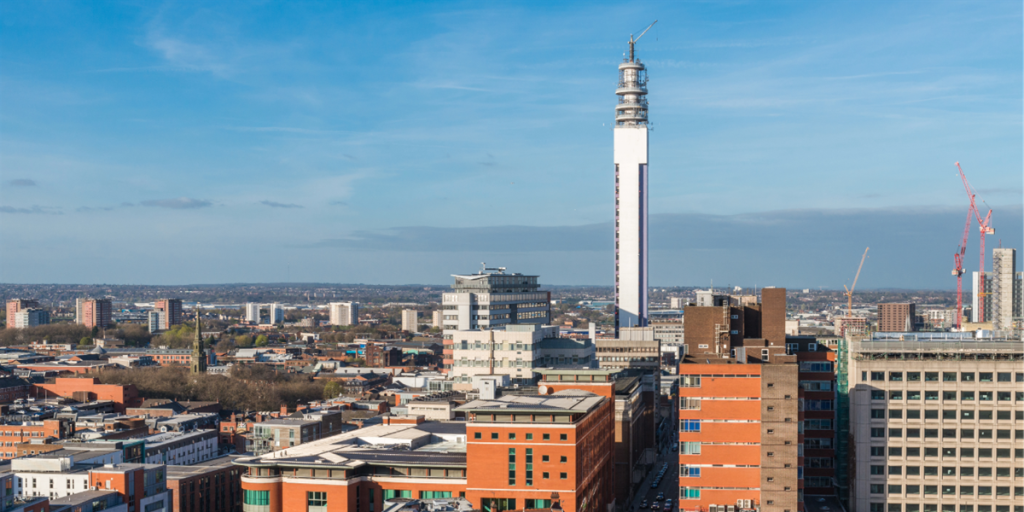
From reluctant confidence to relentless advocacy
So what’s still holding Birmingham back?
Identity. Brummies are famously self-effacing. “We don’t like to boast” is charming, but no longer helpful. While Liverpool leans into its legacy and Glasgow markets its grit, Birmingham still dithers about how to describe itself.
This fragmentation must stop. Tech startups in Eastside, health research in Selly Oak, film production in Digbeth, and logistics in Perry Barr – they all belong to the same story. One city. One voice.
It’s time for business leaders, artists, students, and residents to collaborate – not just compete. Birmingham doesn’t need reinvention. It needs representation.
Believe. Build. Broadcast.
Bringing back Birmingham starts with belief.
Businesses must invest not only in profitability, but in place-making. Tech hubs like the Custard Factory and Bruntwood SciTech’s Birmingham Health Innovation Campus, featuring the PHTA, should be global talking points. Creatives must export Birmingham’s brand – through film, food, music and storytelling.
The Jewellery Quarter should be internationally recognised like Florence’s gold district. The Birmingham Royal Ballet, the CBSO, and Ikon Gallery must reach wider stages. Meanwhile, Aston Villa’s resurgence and the exciting developments around the Blues and the sports quarter promises an exciting new sport industry.
And it’s time to turn the PR dial up – not down. This city doesn’t need a new identity. It needs to embrace the one it already has, loudly and proudly.
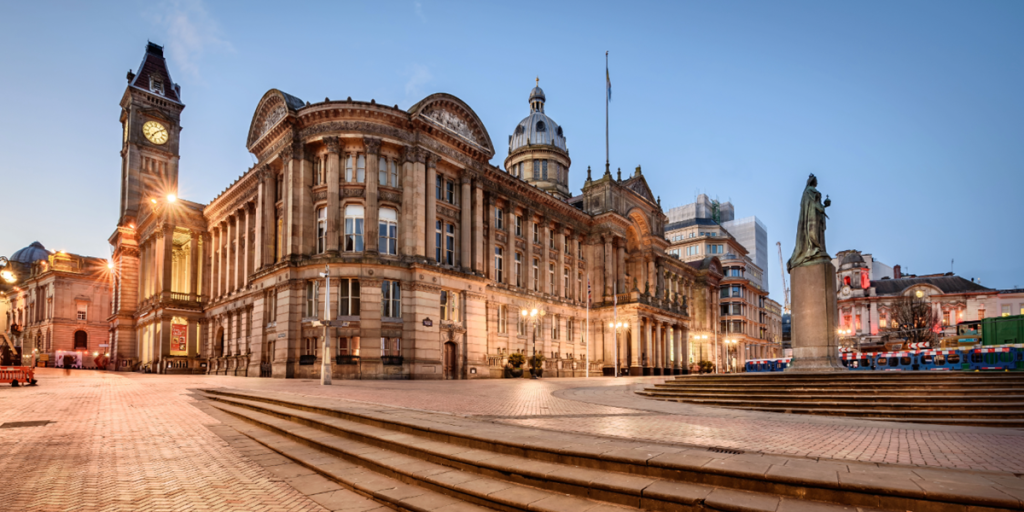
Bring Back Birmingham
This isn’t about nostalgia. It’s about narrative.
The city that once powered the world can power a new kind of economy – green, digital, inclusive. The place that gave us industrial revolutions can lead the next one – in AI, fintech, and biotech.
But it must be confident. It must be coordinated. And it must be loud.
From Broad Street to Bournville, from Tyseley to the top of the Rotunda – let’s raise our collective voice and reclaim Birmingham’s rightful place in Britain’s future.
Bring Back Birmingham. The world’s been waiting. Now it’s our turn to remind them.



